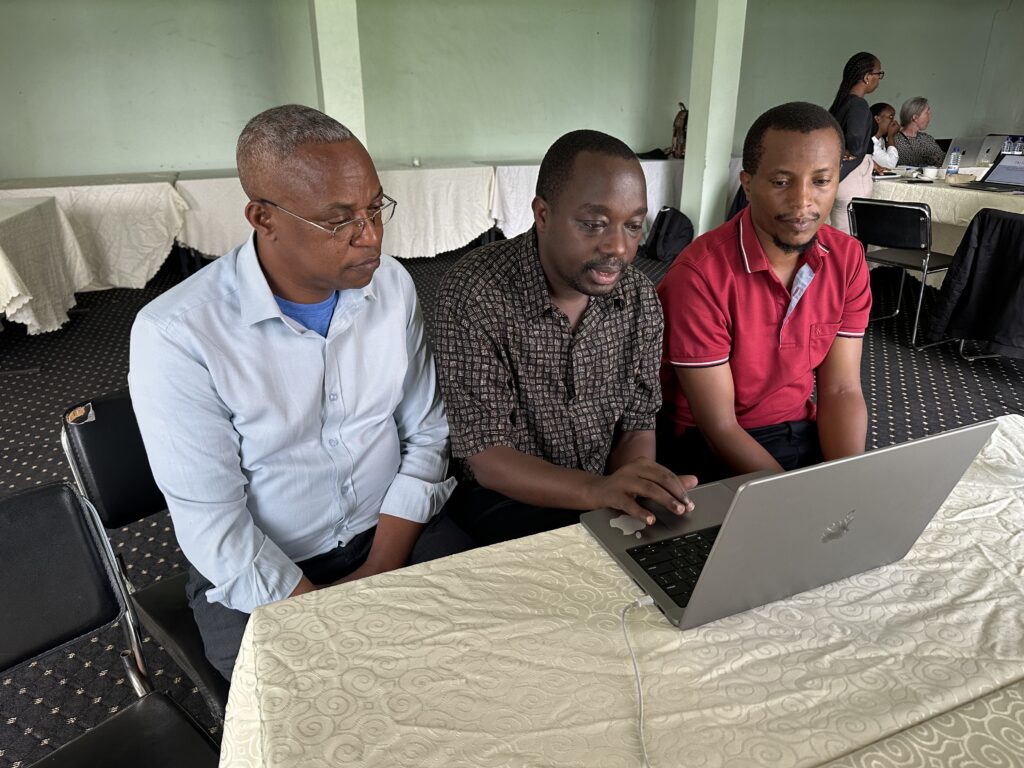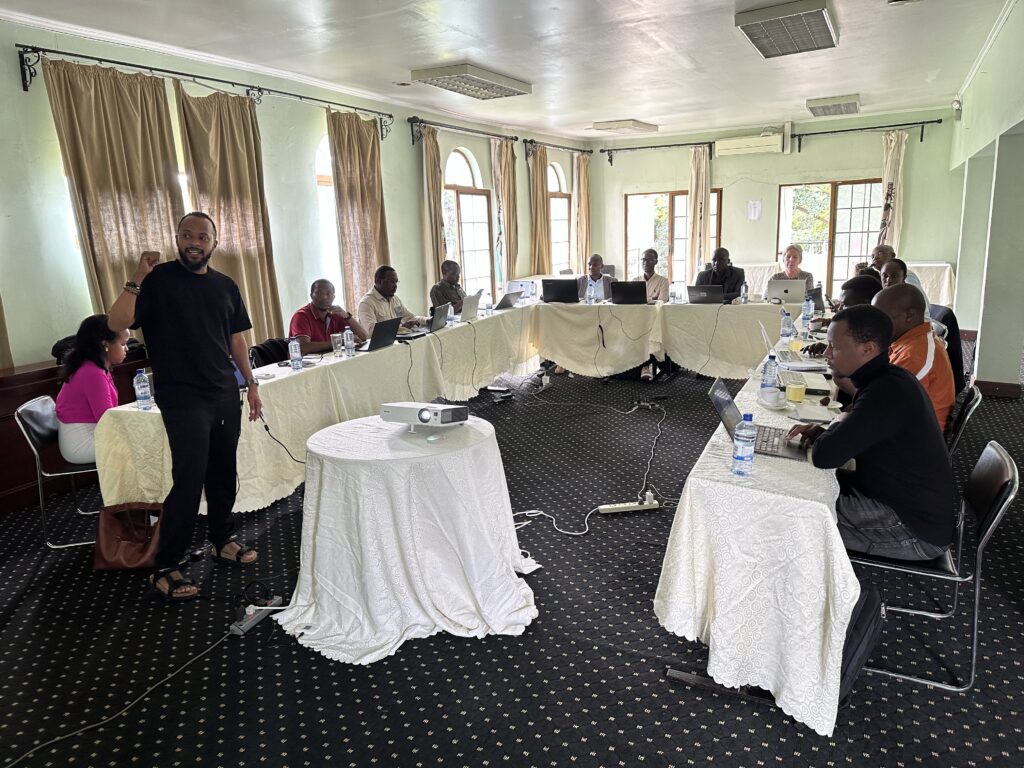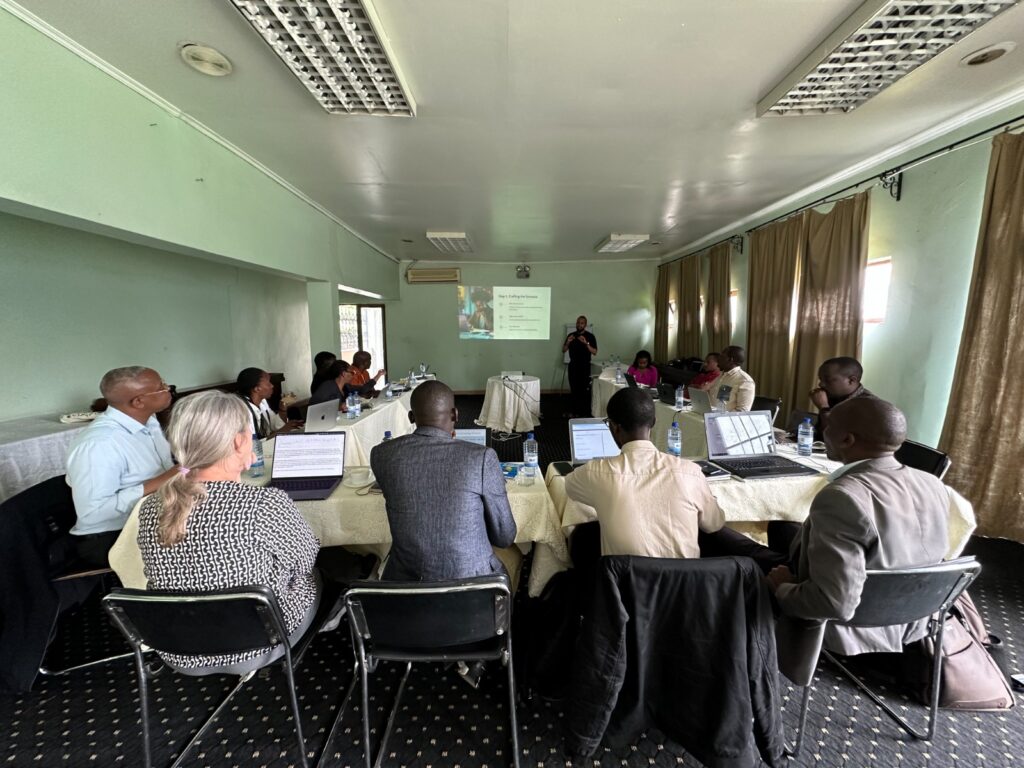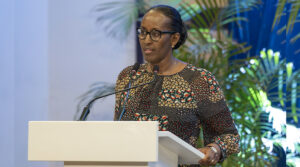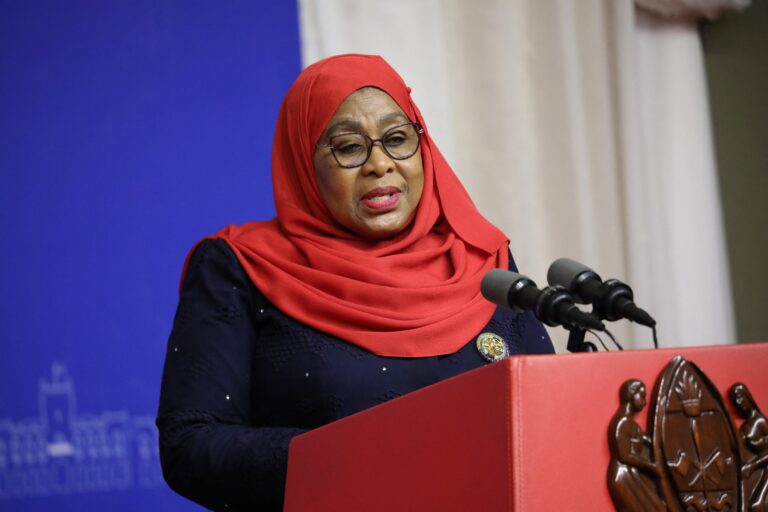Rubavu (ICK News) – A transformative training session aimed at equipping Rwanda’s journalism lecturers with cutting-edge skills in artificial intelligence (AI) applications for journalism took place from December 19th to December 20th, 2024, at Stipp Hotel in Rubavu.
The training, part of the Rwanda Media Programme (RMP), was designed to enhance the media sector’s business viability, improve newsroom production, and uphold core journalistic values while emphasizing gender equality.
The event, organized by the Fojo Media Institute, was led by two distinguished experts in the field: Annelie Frank, the International Program Manager at Fojo Media Institute, and Malik Shaffy, the CEO of 63 Inc and an AI trainer.
It brought together journalism lecturers from various institutions, including University of Rwanda/SJC, ICK, Mount Kigali University, and East African University Rwanda (EAUR), all participants in RMP’s Outcome 3, which focuses on integrating practical skills and expert mentorship into journalism education.
In her opening remarks, Annelie Frank highlighted the importance of AI in the future of journalism, stating, “The media industry is undergoing a rapid transformation, and AI offers immense potential to streamline processes, enhance content creation, and improve news production efficiency. Our goal is to provide Rwanda’s educators with the tools they need to prepare the next generation of journalists for the challenges and opportunities ahead.”
Frank further emphasized that this initiative aligns with the broader mission of the Rwanda Media Programme, which seeks to support journalism education by integrating practical, real-world skills through partnerships with international experts.
The training also sought to equip lecturers with insights on ethical considerations when utilizing AI in journalism.
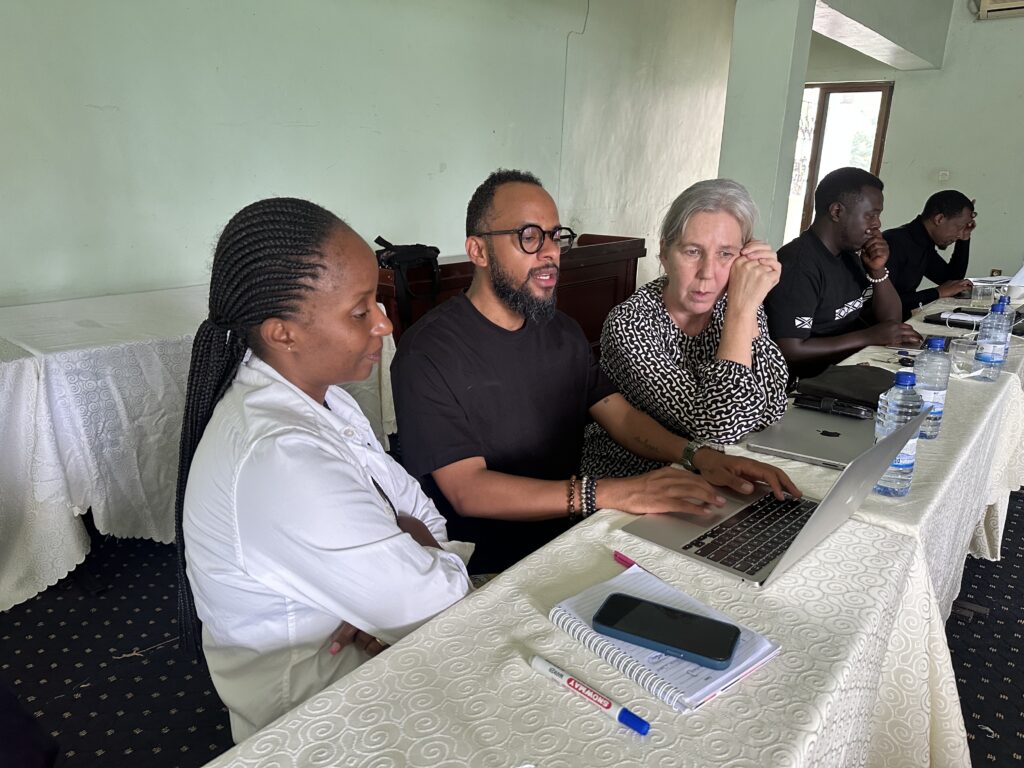
Malik Shaffy, the CEO of 63 Inc and an AI trainer, led the practical sessions, offering hands-on demonstrations of AI tools and applications used in modern journalism. “AI is not just a buzzword; it is transforming how newsrooms operate globally.
This training provided a unique opportunity to dive deep into AI’s practical applications—such as automated content generation, fact-checking tools, and data analysis—tools that will shape the future of journalism,” said Shaffy.
During the sessions, some lecturers voiced concerns about the growing tendency of university students to become disengaged, often relying too much on technology, which they feared might lead to a decrease in critical thinking and creativity. “Students seem to be growing lazier, depending on technology rather than developing their skills,” one lecturer commented.
Shaffy, however, reassured the participants that AI is not meant to replace human effort but to complement it, creating new opportunities in the digital age.
“AI is here to empower the new generation, not to make them lazy. It will create jobs, innovate processes, and provide more time for journalists to focus on storytelling and investigative reporting. It’s crucial that as educators, you adapt to this new technology and equip your students with the skills they need to thrive in the evolving media landscape,” he explained.
Participants were excited to apply the lessons from the training and incorporate AI into their curricula.
“It’s inspiring to learn from these experts. AI is the future, and this training will undoubtedly change the way we teach journalism,” said one of the attendees from Mount Kigali University.
The event concluded with a focus on the ethical implications of AI in the media, a key concern for both trainers and participants. Discussions centered on ensuring that AI tools are used responsibly, with an emphasis on preserving journalistic integrity, transparency, and fairness.
As the training wrapped up on December 20th, the Rwanda Media Programme underscored its commitment to strengthening the country’s media sector by fostering innovation, professional development, and inclusivity.
This training marks an important milestone for Rwanda’s journalism educators, providing them with the skills and knowledge to stay ahead in an increasingly tech-driven media landscape. The integration of AI into journalism education is set to revolutionize Rwanda’s media sector, preparing the next generation of journalists for the evolving demands of the industry.
